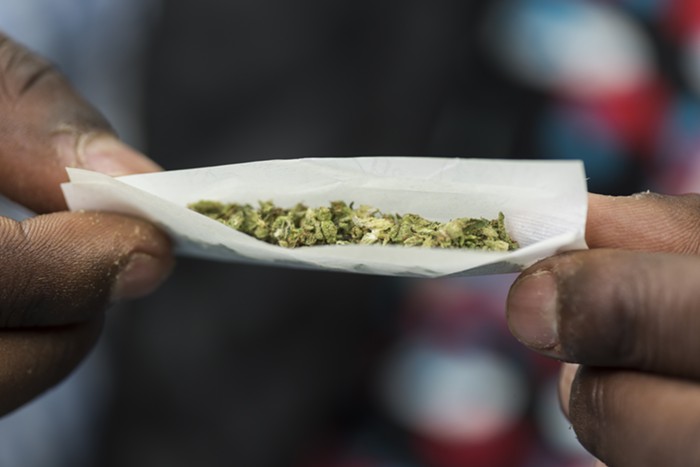The new governor of Illinois signed a legislation on Tuesday to legalize marijuana for recreational use.
According to WSB-TV Atlanta, this is the first state to implement a comprehensive statewide cannabis marketplace designed by legislators and the 11th state to pass this law.
The legalization of recreational marijuana means that almost 800,000 people in Illinois may have their records expunged for purchasing or possessing 30 grams of marijuana or less.
Governor J.B. Pritzker signed the bill in Chicago amongst lawmakers and marijuana advocates. The governor was elected last year which gave Democrats full control over state government after four years under GOP control.
Illinois residents would be able to purchase marijuana and carry up to 1 ounce (30 grams) at a time. Non-residents of Illinois will be able to possess up to 0.5 ounce (15 grams).
Adults, ages 21 and over, will be able to purchase marijuana at approved dispensaries and once licensed, they may start selling on January 1, 2020.
A spokesman for Democrats says that possession will remain a crime until January 1st.
The Governor’s campaign was well received mainly because of his belief that Illinois law enforcement has better things to do than chase marijuana smokers — he also believes that the state government could benefit by taxing marijuana as they do with alcohol and tobacco.
Governor Pritzker claims that taxing marijuana could generate from $800 million to $1 billion in taxes each year.
However, Senator Heather Steans and Representative Kelly Cassidy, who are Chicago Democrats, lowered Governor Pritzker’s estimate to about $58 million in the final proposal.
Representative Cassidy states that the fully executed program may only generate $500 million annually for the first five years.
The legalization of recreational marijuana in Illinois will give preference to marijuana vendors in high poverty areas as well as records with high numbers of convictions.
Portions of marijuana tax proceeds will be used to uplift impoverished communities.
Police organizations are concerned about how driving under the influence of marijuana will be enforced, concluding that the testing of marijuana impairment still needs development.
Since 2012, ten other states and the District of Columbia have legalized the recreational smoking and eating of marijuana.
